Tony Burke flags further concessions on IR bill
Employment Minister Tony Burke has flagged further amendments to the government’s industrial relations bill to try to address Senate crossbench concerns.
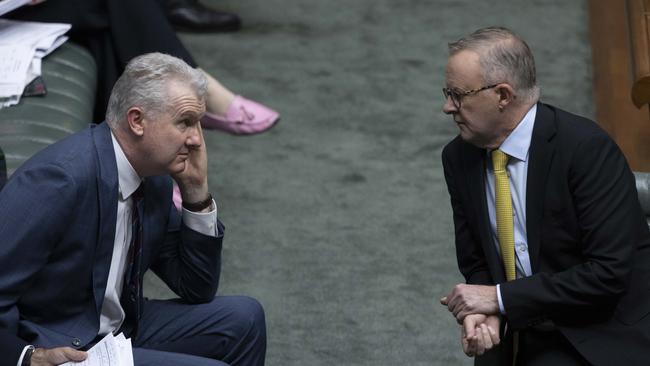
Employment Minister Tony Burke has flagged further amendments to the government’s industrial relations bill to try to address Senate crossbench concerns about the proposed expansion of multi-employer bargaining and get the bill legislated before Christmas.
The proposed single-interest, multi-employer stream is the key sticking point identified by ACT senator David Pocock, whose vote is critical to the bill passing, and the government will use the next fortnight to negotiate further concessions to try to get his support.
Mr Burke said he was grateful for the way Senator Pocock had engaged with the government over the bill and his latest position was a big improvement from a week ago when he wanted all three proposed multi-employer bargaining streams delayed until next year.
“I’m hopeful over the next couple of weeks that I’m able to give him more comfort on the single-interest stream,” he told ABC Radio National’s Patricia Karvelas.
Senator Pocock said it was great to see the government addressing some of his concerns and he appreciated Mr Burke’s constructive approach.
He said he would continue to consult about the bill over coming weeks. “I am not here to be a rubber stamp,” he said. “I’m here to work constructively and to ensure that we get this right and to ensure that we have enough time to get this legislation right.”
As lower house independent MPs urged Labor to delay the bill, Anthony Albanese said the government was elected with a mandate to increase wages. He said the government had been consulting over the bill and would get it right.
Peter Dutton told parliament the bill was a payback by the Labor government to its “union masters” who had made $100m in donations to the ALP since 2007.
Business Council of Australia chief executive Jennifer Westacott welcomed the government’s amendments but maintained that the case had not been made for the expansion of multi-employer bargaining.
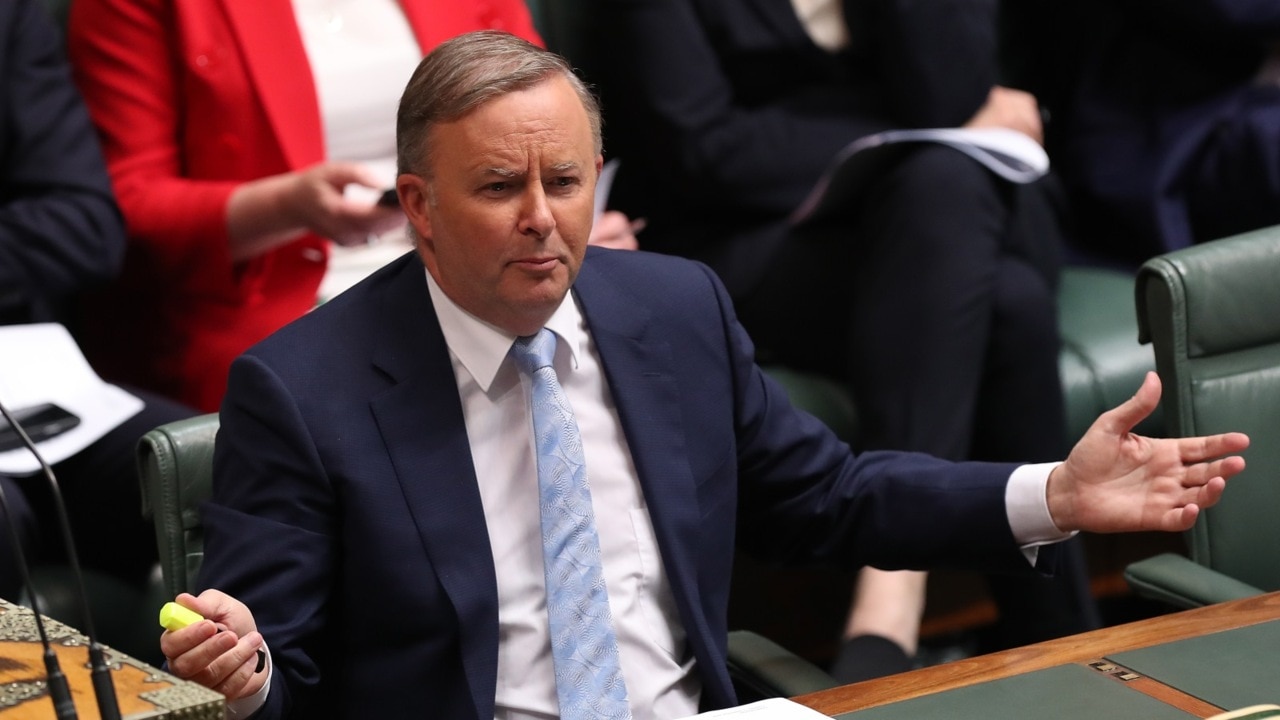
“Australians can’t afford a system that sees them waiting months for a pay rise while unions, lawyers and businesses squabble over who can be at the negotiating table before they even get to discussing conditions and wages,” Ms Westacott said. “Even with the government’s proposed amendments, we run the risk that critical industries like mining, energy or our ports could be swept up in paralysing industry-wide action that leaves supermarket shelves bare, and lives disrupted.
“Why should industries that already pay higher wages and bargain effectively be included in changes designed to lift the wages of low-income earners?”
Master Builders Australia chief executive Denita Wawn said the government was proposing 34 pages of significant amendments to an already complex and highly technical bill.
“We remain opposed to a bill that seeks to abolish the ABCC and introduce multi-employer bargaining provisions which takes our economy back to industry-wide pattern deals and industry-wide strike action,’’ she said.
Asked how long would it take for the first worker to get a pay rise if the bill were passed before Christmas, Mr Burke said: “In terms of the movement of negotiations for single-enterprise bargaining, you’re probably looking at the fastest at probably a couple of months before you start to see any movement there. On multi-employer, you’re looking at longer. Those lag times just make the sense of urgency now greater.”


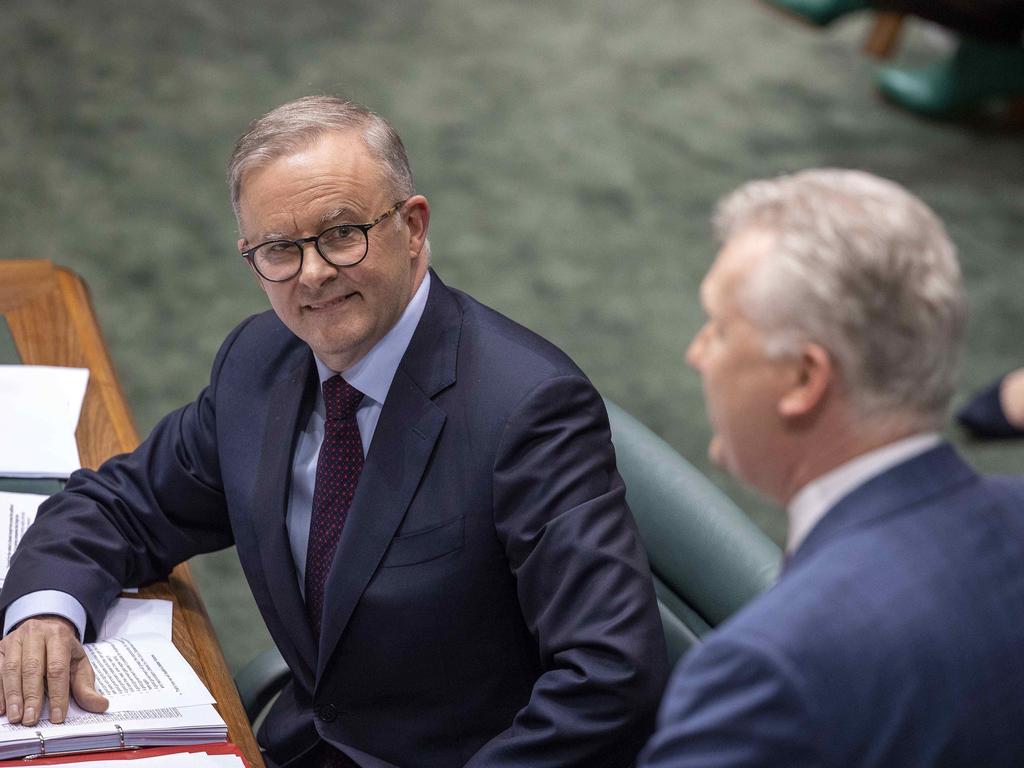
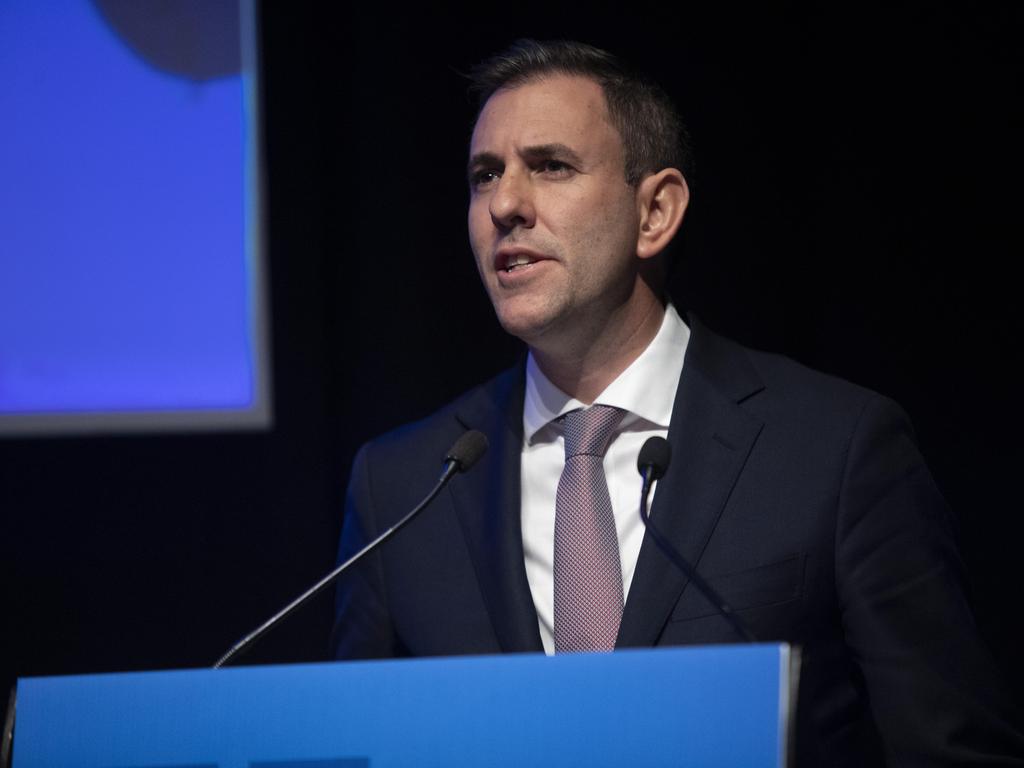
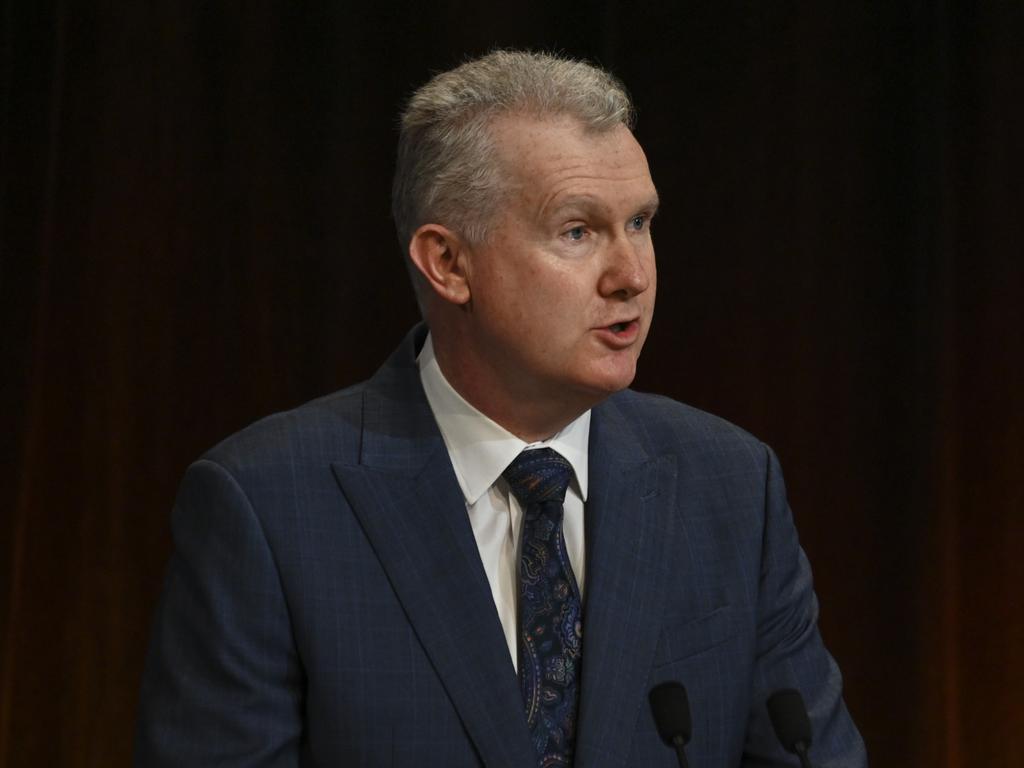



To join the conversation, please log in. Don't have an account? Register
Join the conversation, you are commenting as Logout